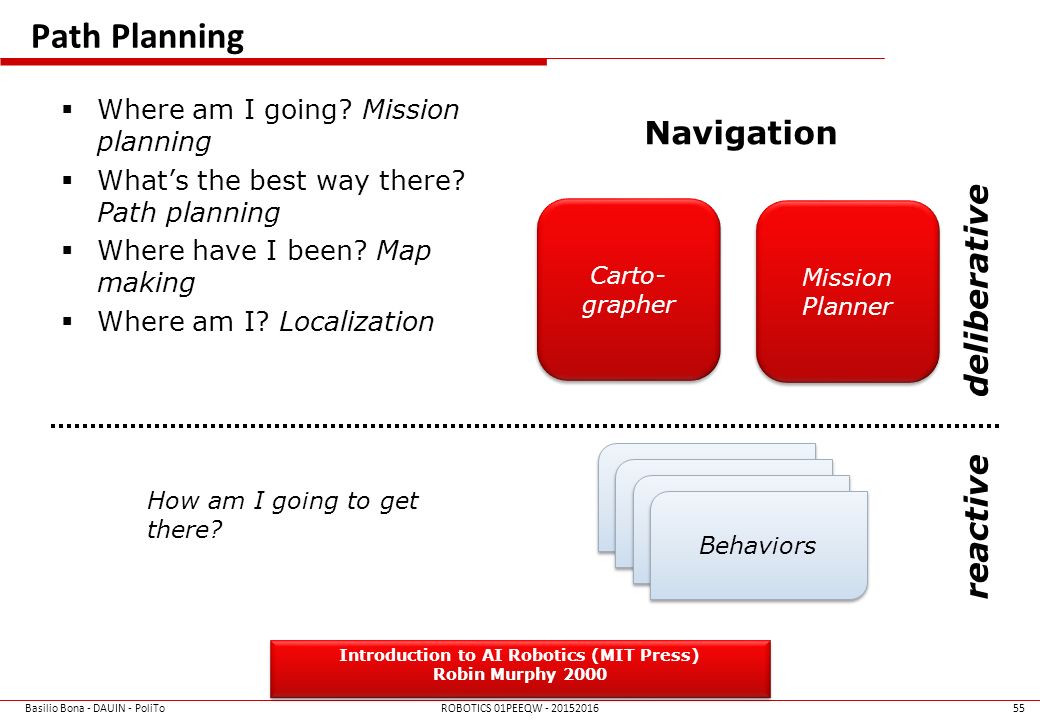
Introduction To Robotics Oussama Khatib Pdf To Word
The first introduction of the term ”robot” referring to fictional automation dates of 1921 and is attributed to Karel Chapek. There are descriptions of automata and mechanisms going back to 1st Century A.D. 1961 marks the year when the first programmable robotic manipulator, the Unimate, was deployed to perform industrial operations.
The purpose of this course is to introduce you to basics of modeling, design, planning, and control of robot systems. In essence, the material treated in this course is a brief survey of relevant results from geometry, kinematics, statics, dynamics, and control. The course is presented in a standard format of lectures, readings and problem sets. There will be an in-class midterm and final examination. These examinations will be open book.
Webrec control. Sometimes resolving your OCX problems may be as simple as updating Windows with the latest Service Pack or other patch that Microsoft releases on an ongoing basis. To check for Windows Updates (Windows XP, Vista, 7, 8, and 10): • Click the Start button.
Lectures will be based mainly, but not exclusively, on material in the Lecture Notes book. Lectures will follow roughly the same sequence as the material presented in the book, so it can be read in anticipation of the lectures Topics: robotics foundations in kinematics, dynamics, control, motion planning, trajectory generation, programming and design. Prerequisites: matrix algebra. Khatib, Oussama Khatib's current research is in human-centered robotics, human-friendly robot design, dynamic simulations, and haptic interactions. His exploration in this research ranges from the autonomous ability of a robot to cooperate with a human to the haptic interaction of a user with an animated character or a surgical instrument.
His research in human-centered robotics builds on a large body of studies he pursued over the past 25 years and published in over 200 contributions in the robotics field. Khatib was the Program Chair of ICRA2000 (San Francisco) and Editor of ``The Robotics Review' (MIT Press). He has served as the Director of the Stanford Computer Forum, an industry affiliate program. He is currently the President of the International Foundation of Robotics Research, IFRR, and Editor of STAR, Springer Tracts in Advanced Robotics. Khatib is IEEE fellow, Distinguished Lecturer of IEEE, and recipient of the JARA Award.